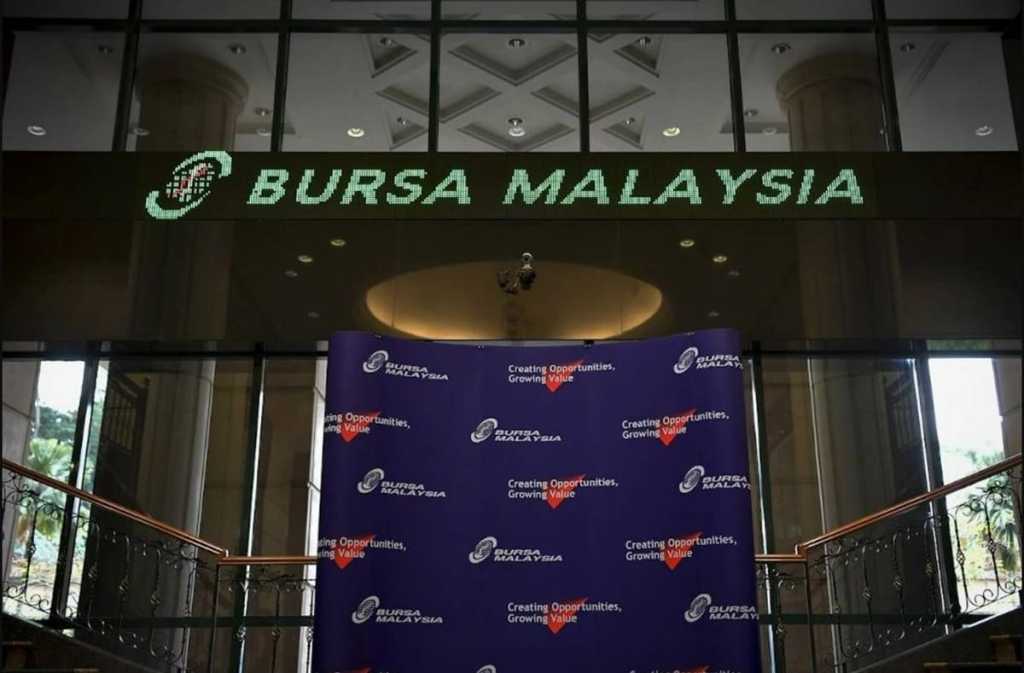Alex Cheong Pui Yin
20th June 2023 - 4 min read

Economist Professor Geoffrey Williams has commented that the government’s recent decision to lower the stamp duty rate for shares traded on Bursa Malaysia to 0.1% will have minimal impact on the stock market. This is due to the persistence of structural problems in the listed companies, which ultimately make these companies unattractive to investors.
Professor Williams – who is also a lecturer at the Malaysia University of Science and Technology (MUST) – explained that although investors would certainly be pleased by the reduction in transaction costs, most companies on Bursa Malaysia are “not attractive” because they have been underperforming. This is especially when compared against alternative investments in other countries, which are doing much better.
In addition to that, investors also need to contend with issues like low liquidity, as well as limited opportunities to get into a favourable position due to factors like closely-held shares and the dominance of government-linked investment companies (GLICs) in many industries. Furthermore, a majority of the big-budget businesses in Malaysia are conducted by government-linked companies (GLCs), which are owned by the government and GLICs.

“So there’s very little room for private companies because they are crowded out of the big-ticket projects by government interference. This is why many of the GLCs should be reformed, starting with the responsible privatisation of the tens of thousands of subsidiary companies they own,” said Professor Williams, adding that overseas investors, in particular, are generally unwilling to take on corporate governance along with the environmental, social, and governance (ESG) risk.
Meanwhile, the managing director of Astramina Advisory Sdn Bhd, Wong Muh Rong said that the reduced stamp duty will primarily benefit only retail investors who do not trade in large volumes. “For institutional investors, it really won’t make a difference in their investment decision, whether or not it is 0.1% or 0.15% as they will be investing way above RM1,000,” she said, referring to the maximum cap of RM1,000 imposed on stamp duty.
Wong also noted that the government should find ways to encourage more businesses to go public, which will then stimulate capital formation, and provide greater opportunities for investors to diversify their portfolios. One suggestion is to speed up the listing process by giving initial public offering (IPO) advisors more accountability in the listing process, as opposed to the current process where all disclosure of information needs to be cleared by authorities before a prospectus can be published.
“We need to move away from this, to enable the process to be done speedily. The speed of a listing process is an important criteria when companies decide where to list,” said Wong.

Head of research at Malacca Securities, Loui Low also proposed that the government could draft policies that attract start-up and foreign-origin companies to list on Bursa Malaysia. With such diversity on the local stock exchange – which essentially encourages competition – investors may be more attracted to explore and trade.
Finally, economist Tan Sri Ramon Navaratnam – who is also the former Treasury deputy secretary-general – opined that the new measures introduced by the government are small and technical in nature. “We hope they reflect the new era of bigger changes and more significant reforms, making us more competitive, especially in equity ownership,” he commented.
Prime Minister Datuk Seri Anwar Ibrahim had announced yesterday that the stamp duty rate for shares traded on Bursa Malaysia will be reduced from 0.15% to 0.1% of the contract value from July 2023 onwards. This is one of several strategies that the government hopes to implement to boost the Malaysian capital market, which in turn, is expected to help shore up the local currency.
(Sources: The Star, The Edge Markets)





Comments (0)